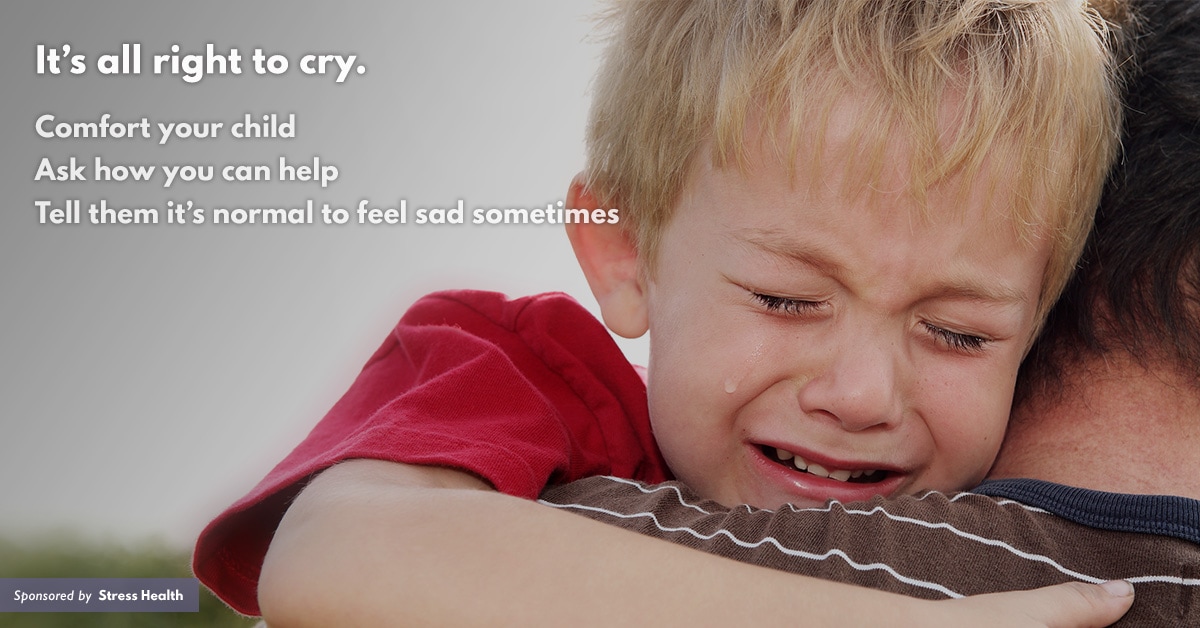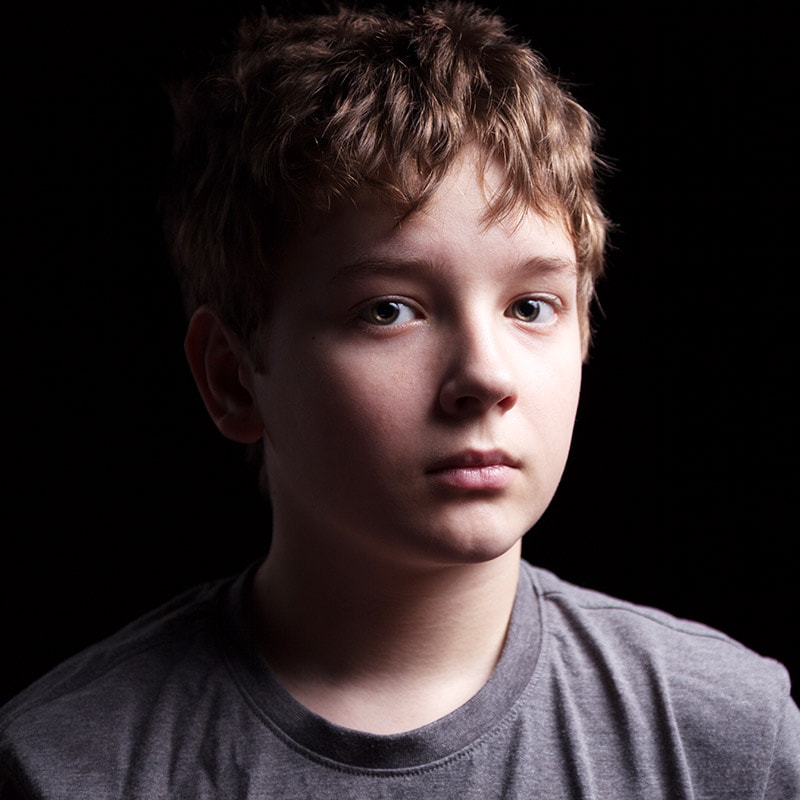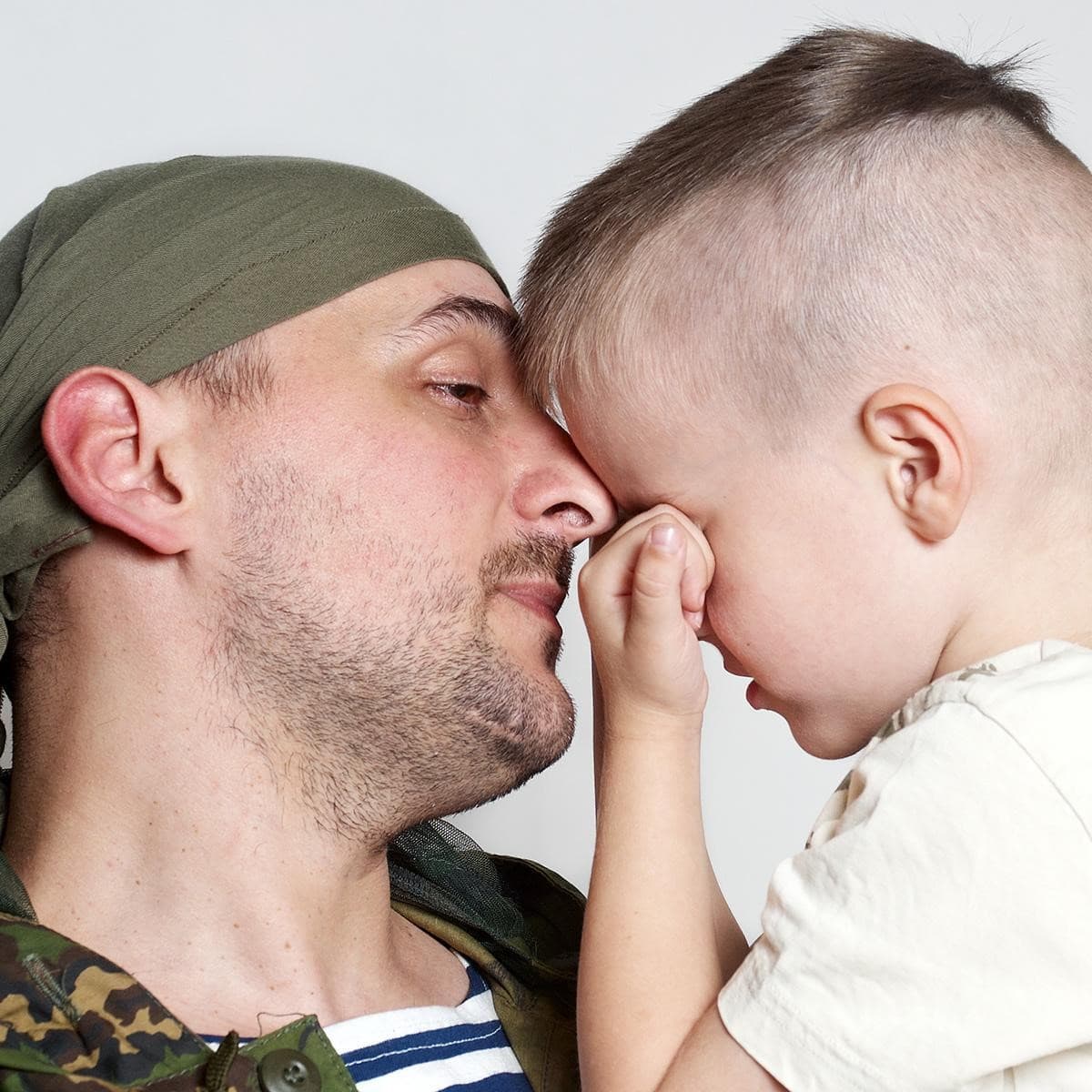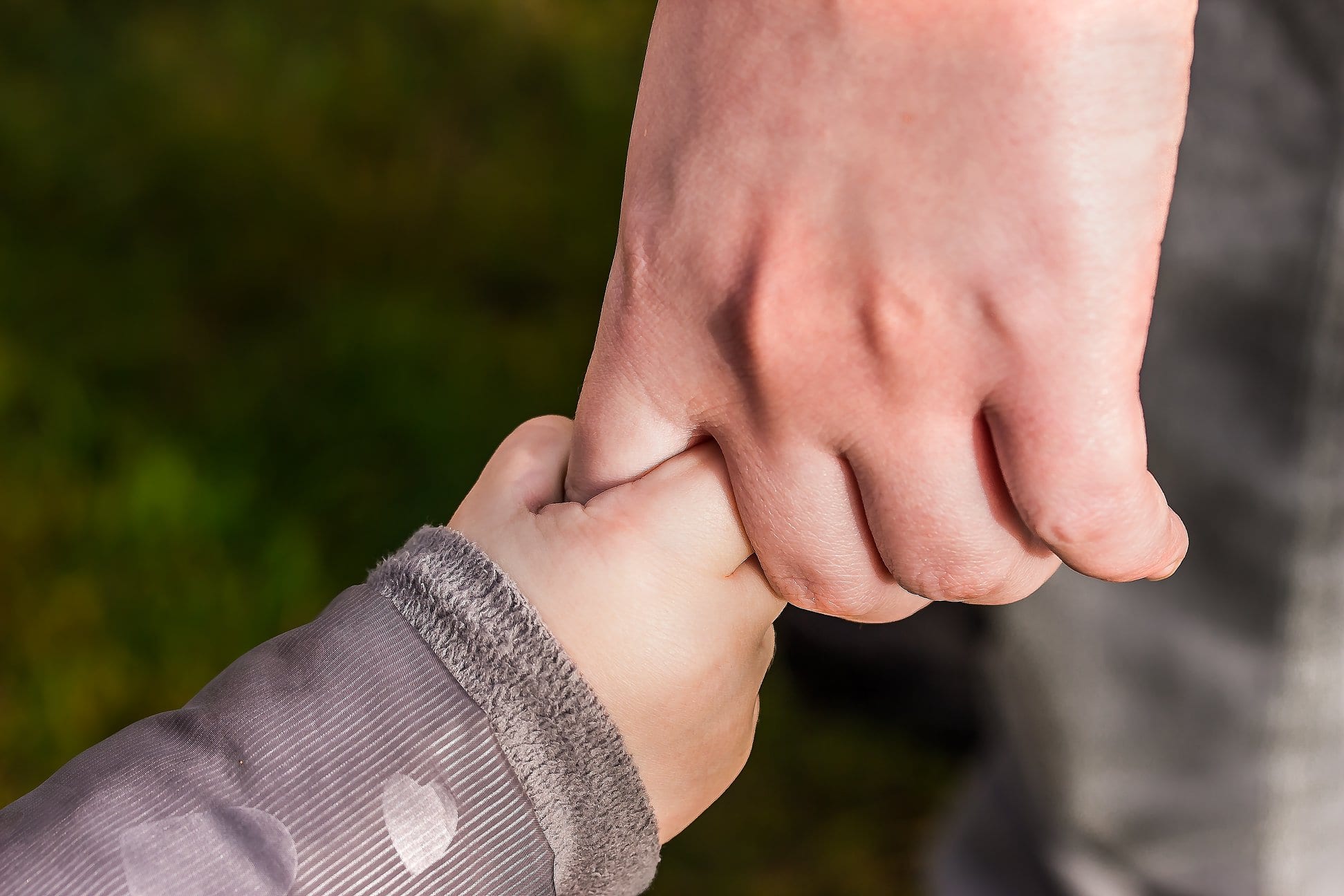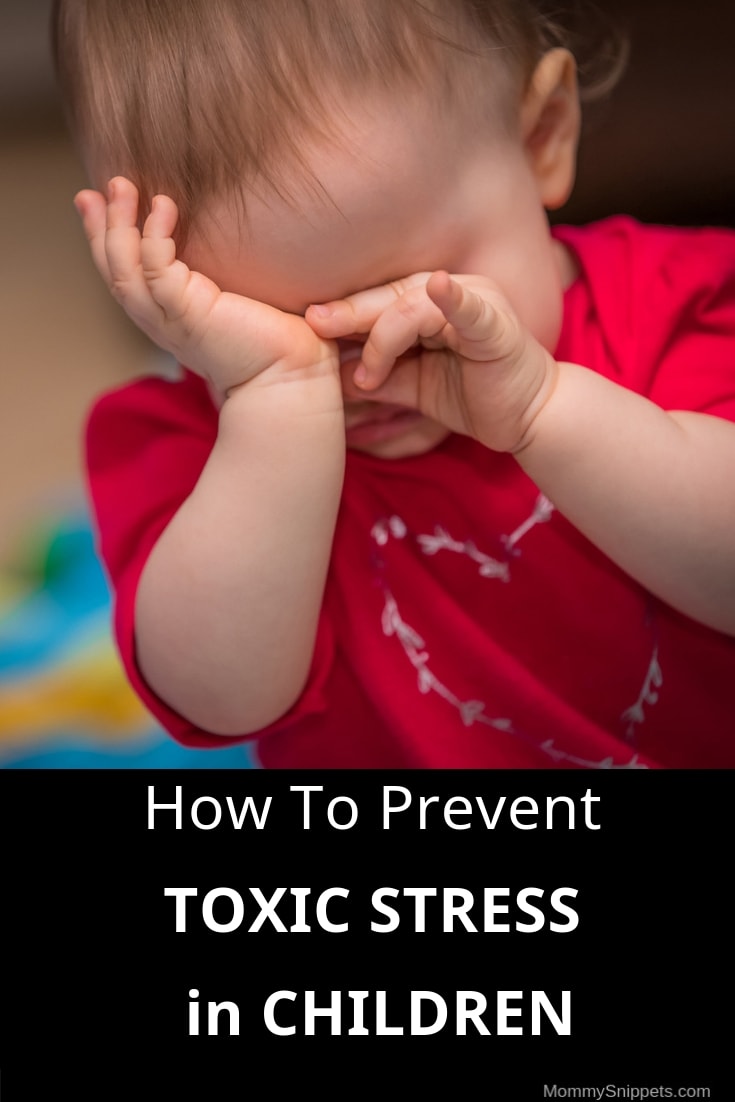Mental Health Awareness: How To Prevent Toxic Stress In Children
This post contains editorial samples and/or affiliate links to products I recommend. While this adds no additional cost to you, I will earn a small commission on any sales made.
This feature is a sponsored campaign in partnership with StressHealth.org, an initiative of the Center for Youth Wellness
Toxic Stress and Children
There are different types of stress, and children react differently to them. When a child is faced with everyday stress, such as starting a new school or taking a test, their body releases stress hormones which help them do what is needed to get through that moment. Once the event is over, those hormone levels go back to normal.
Some events are more serious, such as an injury. The same hormone response occurs but at a much higher level. In these moments, having an understanding and caring adult is proven to offset and calm this powerful hormone response.
So when does stress become toxic?
What is Toxic Stress?
Toxic stress occurs when a child is exposed to severe, long-term stress without support from a caring and trusted adult. When this happens, the stress hormones overwhelm the child’s body and create all kinds of metal, physical, and behavioral issues.
Studies have shown that kids who are exposed to very high doses of adversity without the support of loving and caring adults can have more than double the lifetime risk of heart disease and cancer and a nearly 20-year difference in life expectancy.
How to Prevent Toxic Stress Effects
The best thing a parent can do to help children deal with toxic stress is to provide a loving, caring, supportive environment for them.
When a child has a parent who supports them and shows them love and understanding it makes them feel safe. A feeling of security has been proven to protect against and even reverse the effects of toxic stress.
So if you notice the symptoms or effects of toxic stress in your child, take them seriously.
Talk to your doctor or find a licensed therapist.
Spend time with your children and take them seriously. Don’t dismiss their complaints or make them feel like their feelings are worthless.
Try to establish “anchoring rituals,” such as eating together at dinner, a calm bedtime routine that will help them get plenty of sleep, and playing together outside (kids over six need at least an hour of exercise daily, and that’s good for stress). Get involved in their school and celebrate community events with them — this will help instill a sense of belonging. And give them tools to deal with stress, such as taking a deep breath and letting it out slowly.
When you value a child and make him or her feel safe, they have a fighting chance at overcoming the stressful situation.
What are the Signs?
So how can I tell if my child is suffering from toxic stress?
Some warning signs include trouble sleeping, frequent headaches or tummy aches, crying more than usual, being extra clingy, bed-wetting, and reverting to baby talk.
As kids get older, overeating, mood swings, behavior and learning difficulties, lack of coping skills, and trouble sleeping are common signs.
These are not the only signs and they may all point to other issues, but they are a signal that your child may need some kind of help.
Effects of Toxic Stress
Toxic stress affects the brain, making it difficult for a child to pay attention, control random urges, or sit still. Learning becomes difficult. They may be aggressive and act out.
Toxic stress causes elevated blood pressure and inflammation that can damage arteries. These conditions can lead to heart disease or stroke later in life.
Toxic stress affects the immune system. It can make it harder for a child to fight off disease and infection. Common issues include frequent colds and ear infections, eczema, and asthma.
How much do you know about toxic stress?
Hopefully, this article inspires you to continue learning about mental health awareness. Keep working towards lifestyle choices that will benefit you and your children.
I’d love to hear from you. Hop over to chat with me on Facebook and/or Twitter

